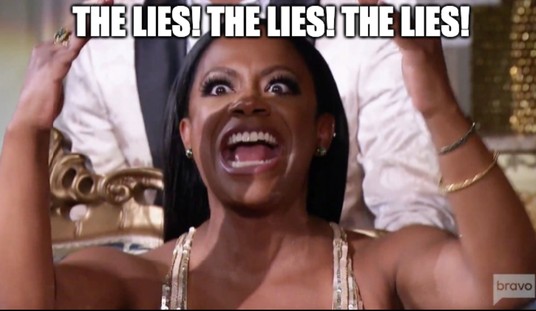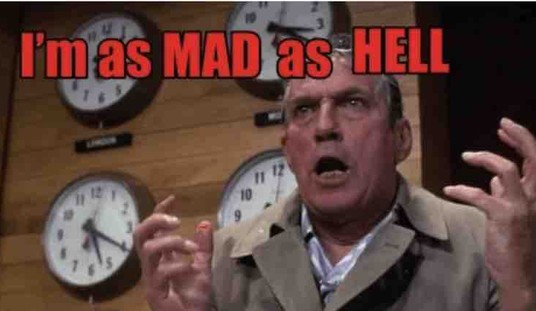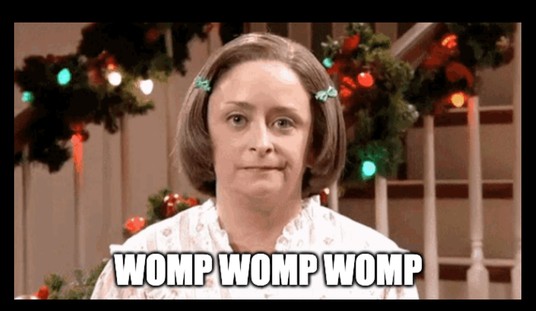Yesterday, David Petraeus sent a letter to CIA employees announcing his resignation after an extramarital affair. But it was another letter, written to New York Times ethicist Chuck Klosterman in July, that captured the attention of the Twitterverse last night.
via @allahpundit, check out the second letter seeking advice http://t.co/t5G4Qrkv
— Ursus, Director of Weather and Banana Programming (@AceofSpadesHQ) November 10, 2012
With the Petraeus affair, I immediately recalled this NYT letter to the Ethicist. Scroll down to "My Wife's Lover." http://t.co/D1qzDUte
— Herb Greenberg (@herbgreenberg) November 10, 2012
My wife is having an affair with a government executive. His role is to manage a project whose progress is seen worldwide as a demonstration of American leadership. (This might seem hyperbolic, but it is not an exaggeration.) I have met with him on several occasions, and he has been gracious. (I doubt if he is aware of my knowledge.) I have watched the affair intensify over the last year, and I have also benefited from his generosity. He is engaged in work that I am passionate about and is absolutely the right person for the job. I strongly feel that exposing the affair will create a major distraction that would adversely impact the success of an important effort. My issue: Should I acknowledge this affair and finally force closure? Should I suffer in silence for the next year or two for a project I feel must succeed? Should I be “true to my heart” and walk away from the entire miserable situation and put the episode behind me?
NAME WITHHELD
Recommended
Coincidence … or something juicier?
Crazy to assume that letter to NYT Ethicist referred to Petraeus affair. Plenty of powerful men in Washington have affairs…
— Tammy Purcell (@docpurcell) November 10, 2012
Perhaps, but why spoil the fun of speculating about whether Paula Broadwell’s cuckolded husband passive-aggressively sought advice from the New York Times? Plus, we get to use the word “cuckolded.” Win-win.
Second question in this Times advice column could be from someone intimately involved in the Petraeus scandal, no joke. http://t.co/U753DPdm
— Dok (@Dok845) November 10, 2012
If you've followed the Petraeus story….this story may sound quite familiar….. http://t.co/9QB9tpyZ
— Ian (@Kirblar024) November 10, 2012
Given yesterday's US news, second letter on this July @NYTimes page is eery coincidence – or astonishing story http://t.co/fHw588ZU
— Dr Alex Connock (@DrAlexConnock) November 10, 2012
https://twitter.com/Neal_Dewing/status/267240394058760194
Umm…letter #2…. http://t.co/DUCq0bIc
— John Podhoretz (@jpodhoretz) November 10, 2012
Could this have been a shot across the bow at Petreaus in July or completely unrelated???Read 2nd letter. http://t.co/2kWb1XHw
— Michael Dustman (@mdustmanmagic) November 10, 2012
Klosterman advised the letter-writer not to “expose the affair in any high-profile way” if the government exec wasn’t promoting a “family-values platform.” He added, “The fact that you’re willing to accept your wife’s infidelity for some greater political good is beyond honorable.”
Whether it was indeed Broadwell’s husband or some other betrayed spouse, one thing’s certain:
If the Petraeus scandal has taught us anything, it's that Chuck Klosterman is a terrible ethicist.
— Jonathan Blake (@jblakemn) November 10, 2012
Not that we were really counting on the Fishwrap of Record for ethical advice.
Update:
The letter to The Ethicist is not about the Petraeus affair, according to Hugo Lindgren, editor of The New York Times Magazine.
This @theethicist column http://t.co/i3sSSb5Y (2nd Q) is NOT about the Petraeus affair, based on our factchecking. Strange, I know
— HugoLindgren (@HugoLindgren) November 10, 2012
So, based on the Times’ “factchecking,” which government executive was the letter about? Hmm?
























Join the conversation as a VIP Member